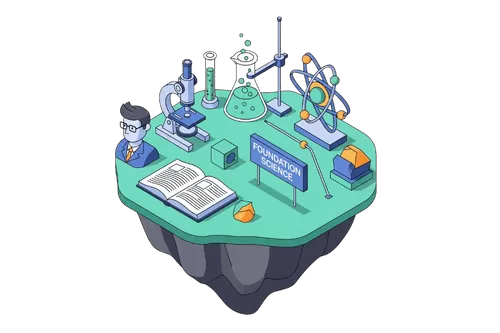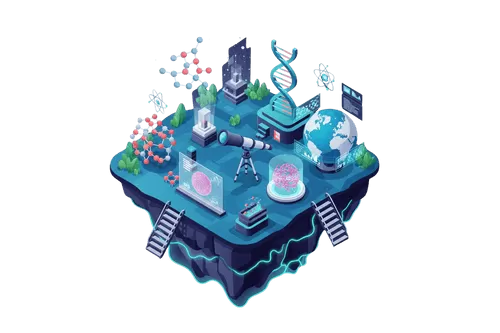Who Is This Course For?
Is This Course Right For You?
- Pre-service teachers majoring in Natural Sciences (Physics, Chemistry, Biology): With the career orientation of teaching at bilingual schools, specialized schools, and international education centers after graduation.
- In-service teachers of Natural Sciences: Who wish to stay ahead of the bilingual teaching trend, enhance their expertise to meet international standards, and pursue better career or income opportunities.
- English teachers: With a background in science and a desire to expand their teaching scope, particularly in delivering Science subjects in English to students at different levels.
- Professionals in science and engineering fields: Who wish to transition into teaching or acquire knowledge to support their children’s learning in international programs.

Course Objectives
Learning Outcomes & Core Competencies You Will Achieve
Xây dựng vốn từ vựng Khoa Học chuyên ngành làm nền tảng cho việc nghiên cứu tài liệu quốc tế
Rèn luyện tiếng Anh học thuật để tự tin nghiên cứu, giảng dạy, thuyết trình và viết luận
Tiếp cận phương pháp dạy học quốc tế để giảng dạy hiệu quả và thuần thục
Phát triển kỹ năng soạn giáo án và giảng dạy Khoa Học bằng tiếng Anh
Subject-Specific Vocabulary
Build a specialized scientific vocabulary as a foundation for studying international materials
Academic English
Strengthen academic English skills to confidently conduct research, teach, present, and write papers
International Standard Teaching
Gain exposure to international teaching methodologies for effective and proficient instruction
Lesson Planning And Teaching
Develop lesson planning and teaching skills for Science in English
Course Overview
The subject knowledge is updated from reputable sources, ensuring accuracy and alignment with modern educational trends. The materials combine theory, illustrative examples, practice exercises, homework, and video lectures, enabling learners to absorb knowledge in an active and effective way. In addition to subject knowledge, the materials also provide active teaching methodologies, lesson design techniques, strategies for organizing learning activities, and methods for assessing student outcomes.
Material Structure: Each course consists of two main components:
Subject-Specific Vocabulary: Introduces terminology, concepts, formula reading, and how to present solutions in English. These are integrated into reading passages, real-life scenarios, and interactive activities.
Subject Knowledge: Presents a systematic overview of content by topic, combining concise theory, vivid illustrative examples, and a wide range of exercises.

The international teacher training program at Intertu is scientifically structured into five key stages, guiding learners step by step to master advanced teaching knowledge and methodologies. The learning path is optimally designed to provide sufficient time for study, practice, and review, ensuring maximum effectiveness upon course completion.
Stage 1: Modules on Curriculum and Teaching Methods (Week 1 – Week 4)
Stage 2: Math Foundation Module (Week 5 – Week 8)
Stage 3: Math Extended Module (Week 9 – Week 12)
Stage 4: Math Advanced Module (Week 13 – Week 16)
Stage 5: Final Stage (Week 17 – Week 20)
The class schedule is designed not to interfere with regular teaching commitments.
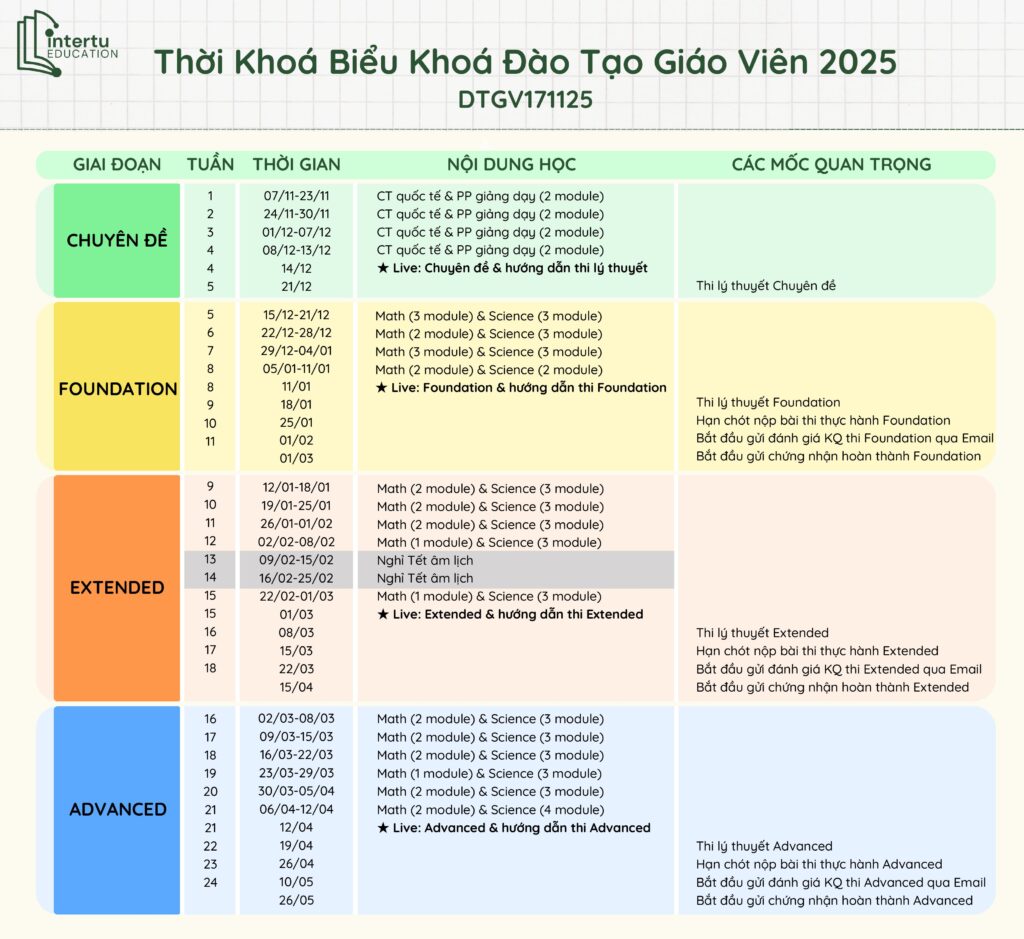
- Graduated with a major in Mathematics, Natural Sciences, or other Math-related fields from countries such as the UK, Australia, the US, or Singapore, and currently serve as full-time teachers at Intertu Education.
- All instructors have many years of experience teaching Math and Science under international programs such as IGCSE, IB, AP, and A-Level. They have taught students from international and bilingual schools across the country, as well as students studying abroad.

Upon completing the course, learners must meet the following requirements:
Attend Live Tutoring Sessions: Learners are required to attend at least 80% of all scheduled Live Tutoring sessions.
Complete Self-Study Modules: Learners must complete 100% of the assigned content and exercises for all self-study modules within the specified deadlines.
Pass the Final Assessment: Learners must score at least 80% on the final competency assessment.
A certificate will be awarded to confirm that the learner has successfully completed the training program and possesses the necessary qualifications and foundation to teach Math/Science in English—suitable for applying to bilingual schools, specialized schools, and international education centers.
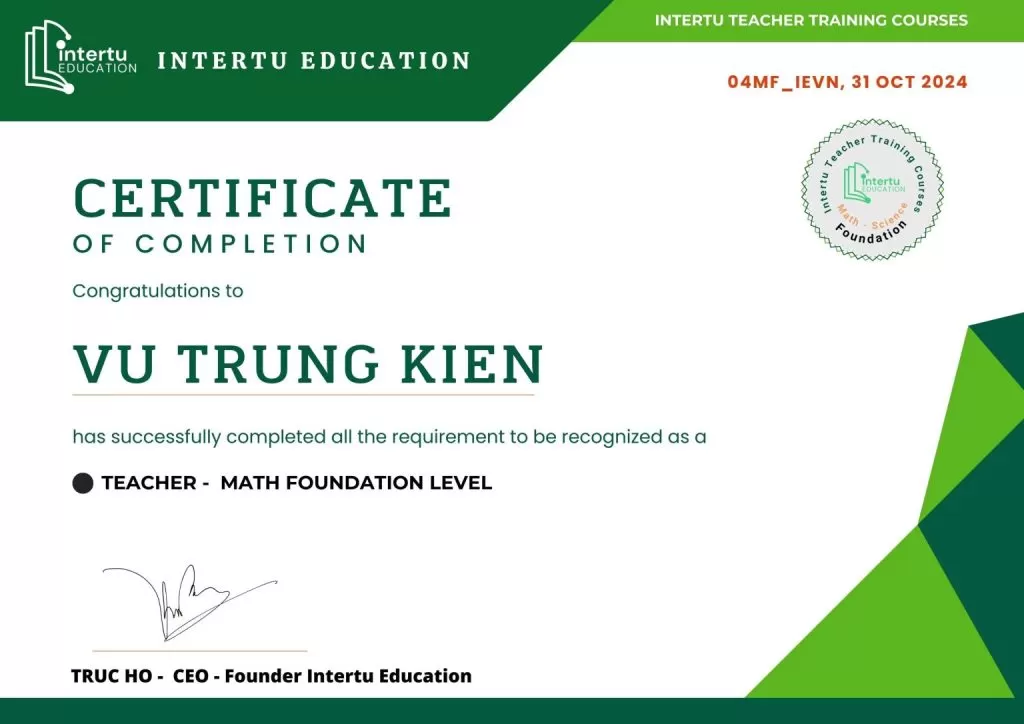
With the goal of making the course accessible to learners across the country, Intertu primarily offers the teacher training program for teaching Math in English in the Blended Learning format—a combination of pre-recorded video lessons (self-paced learning) and interactive live online sessions. This integrated approach is designed to provide a flexible and highly effective learning experience.




6 Outstanding Values
When Joining The Teacher Training Course
Course Content
Detailed Training Program Framework
In this module, learners will explore various international programs that teach Science in English. They will also examine the benefits and challenges of teaching Science in these programs through the following topics:
- Introduction to current international education models in Vietnam
- Overview of international programs and certifications where Science is taught in English
- Career opportunities for Science teachers in international programs
The objective of this module is to help learners develop the skills and confidence to teach in English through the following topics:
- Lesson planning
- Teaching methodologies
- Effective classroom strategies, including class activities, reward systems, and student motivation techniques
- Classroom communication methods
- Student assessment and evaluation approaches
- Resources and models applicable to lessons to enrich classroom instruction
This module covers the fundamental scientific concepts and skills necessary to teach Science in English at the primary level, with topics including:
- Physics: force, motion, sound, light, magnetism, electricity, the universe, etc.
- Chemistry: substances, materials, properties of materials, etc.
- Biology: plants, humans, animals, living organisms, and their habitats, etc.
- Scientific research: basic scientific research skills and an introduction to laboratory equipment used in science experiments.
This module is designed for teachers who wish to enhance their knowledge and skills in teaching Science in English at the lower secondary level, with topics including:
- Biology: characteristics of living organisms, cells, biomolecules, enzymes, plant nutrition, animal nutrition, transport, gas exchange and respiration, reproduction, genetics, human impacts on ecosystems, etc.
- Chemistry: molecular properties of substances, atoms, elements and compounds, chemical bonding and properties of bonds, the periodic table, chemical reactions of acids, bases, and salts, properties of common compounds.
- Physics: motion, work, energy and power, thermodynamics, properties of waves, electricity and magnetism, electric circuits, atomic physics, etc.
- Scientific research: scientific research skills and an introduction to laboratory equipment used in science experiments.
This module is designed for teachers who wish to enhance their knowledge and skills in teaching Science in English at the upper secondary level, with topics including:
- Physics – Mechanics and Materials: force, motion, energy, momentum, elasticity, etc.
- Physics – Electricity and Magnetism: electric charge, electric field, electric potential, current, resistance, capacitance, magnetic field, magnetic force and induction, etc.
- Chemistry – Organic Chemistry: organic compounds, functional groups, isomers, reaction mechanisms, and organic synthesis, etc.
- Chemistry – Inorganic Chemistry: thermodynamics, kinetics, equilibrium, acids and bases, electrochemistry, redox reactions, etc.
- Biology – Cell Biology: cell structure, cell membrane, cell cycle, mitosis and cell differentiation, etc.
- Biology – Genetics: DNA structure, DNA replication, transcription, translation, gene expression, genetic variation, genetic engineering, and biotechnology, etc.
This module is designed to help learners apply the knowledge and skills gained from previous modules and demonstrate their competency in teaching Science in English. The practicum consists of two parts: lesson planning and teaching practice.
- Lesson Planning: Learners will develop a detailed lesson plan that includes the following components: learning objectives, materials, warm-up activities, presentation of new content, guided practice, independent practice, assessment, and closure.
- Teaching Practice: Learners will choose one topic from the Science subjects they have studied and prepare a 15-minute lesson. They will be assessed on their ability to use clear and accurate language, explain scientific concepts and solutions, engage students effectively, utilize appropriate materials, and manage the classroom efficiently.
Final Assessment: A comprehensive exam will be administered, based on the Cambridge international program for each level from primary to upper secondary. Learners must achieve a minimum score of 80% to pass the exam and qualify for the certificate of course completion.
Career Relevance: This module plays a vital role in learners’ professional development as Science teachers in English. By successfully completing this course, learners will be fully prepared to teach Science in English with confidence and high-level expertise.
Do not hesitate to contact Intertu
Choose Your Course Level
Choose The Right Level Of Expertise
Frequently Asked Questions
Answers To Frequently Asked Questions
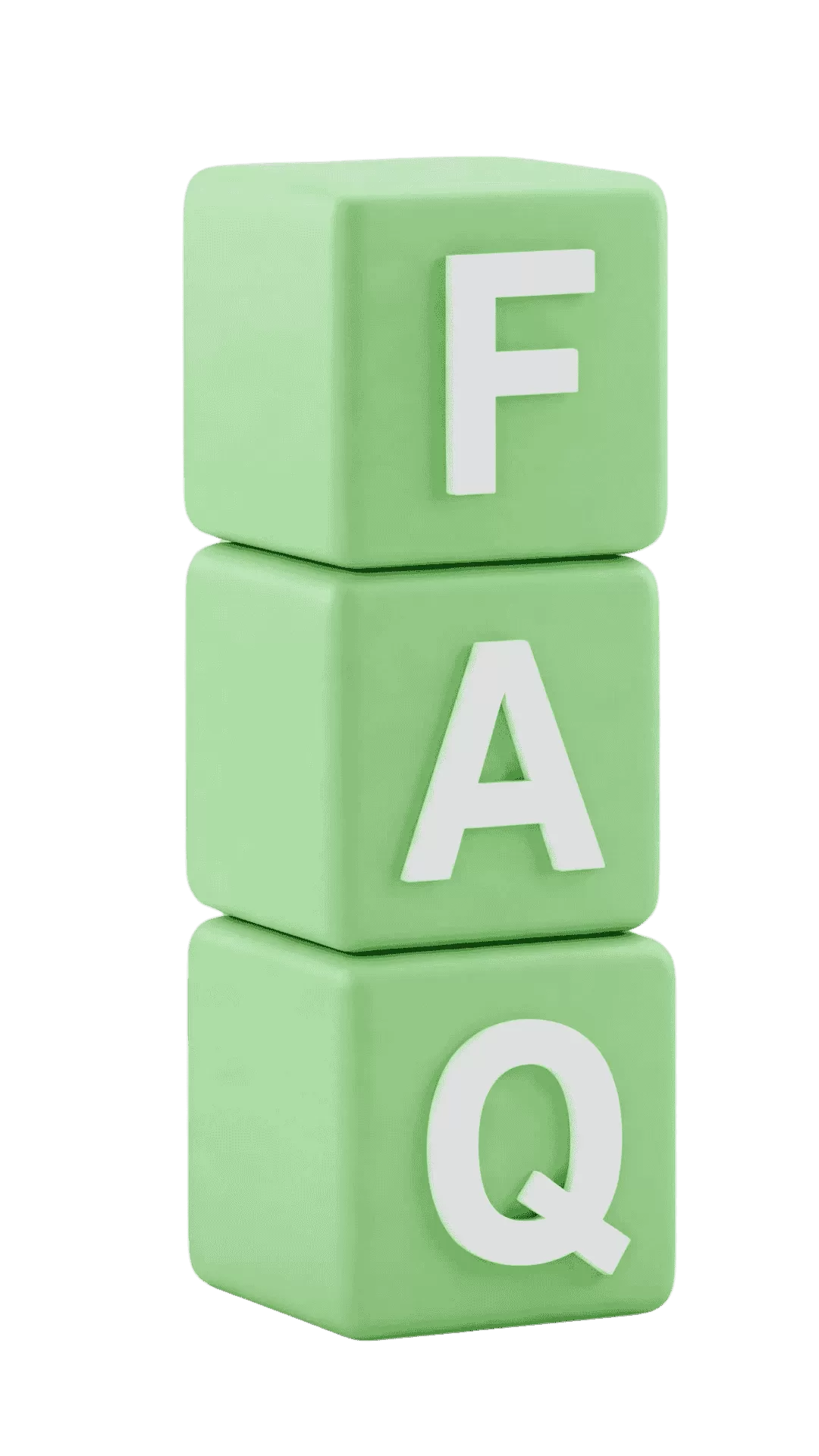
Share your needs and goals with us, and the Intertu team will help connect you with the most suitable teacher from our team.

CONTACT INTERTU
Easy Connection – In-Depth Consultation
36D Luong Dinh Cua, An Khanh Ward, Thu Duc City, Ho Chi Minh City
191 Nguyen Van Huong Street, Thao Dien Ward, Thu Duc City, Ho Chi Minh City
mpr@intertu.edu.vn
Phone/Zalo : 0971515265



